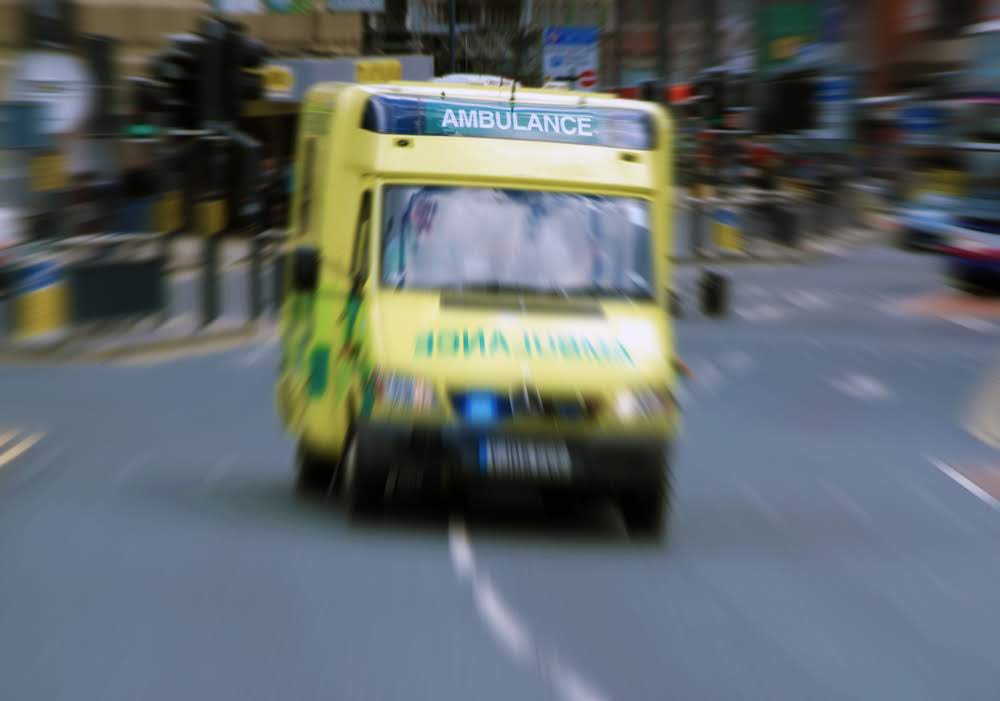The relentless pressure of calls that deal with life-changing injuries is taking a major psychological toll on NHS 999 staff, who are quitting and suffering burnout, according to a new report from UNISON.
The report, launched at UNISON’s Liverpool conference 17 June, highlights the high turnover rates among call handlers, with more than a quarter (27%) of NHS ambulance control room staff quitting their jobs over the past three years.
Furthermore, more than half a million days were lost due to illness in the three years from April 2021. And in 2023/24 alone 166,940 days were lost or more than a month of sick leave for each 999 call handler. The average for UK workers is just 4 days per year, noted the report.
Commenting on the figures, UNISON general secretary Christina McAnea said:
“These findings paint a bleak picture of the conditions faced by 999 control room staff…They handle relentless calls, often from people in distress, while dealing with complex emergencies and with limited resources. Despite their crucial role, 999 call handlers frequently face emotional strain and operate in an environment where support is sometimes lacking.”
The report is based on data from Freedom of Information (FoI) requests submitted to NHS ambulance trusts across the UK, plus interviews with emergency call handlers.
Call handlers often do a 12 hour stretch with limited breaks that can include highly coises, suicide, stabbings, shootings, and patients dying before an ambulance reaches them. But staff, who may have to deal with several incredibly distressing calls in one shift, say they lack support from supervisors and management.
One call handler told UNISON that she had to take time off sick after dealing with four suicide calls in a single shift. Others talked about occasions where supervisors had failed to check whether staff needed time to recover.
One 999 call handler told UNISON:
“One of the biggest challenges is the lack of support for call handlers. It’s also one of the main reasons why so many leave. Supervisors rarely check in to see if we’re okay or need a moment to recover. Instead, the expectation is simply to carry on. It’s hard to feel valued when support is minimal. It’s relentless. You log in, take emotionally intense calls for 12 hours straight, and then go home. Certain calls stay with you. I once spoke to a distressed mother whose daughter had life-changing burns to her face and body. The panic in her voice is something I’ll never forget.”
Patients are suffering as well, according to the union, as high staff turnover and increased sickness absences often means people are having to wait longer for 999 staff to answer calls or for their emergency to be properly assessed and dealt with.
As well as better training, regular breaks during shifts and improved emotional support, UNISON is calling for the call handlers to be regraded, moving up from band 3 to a band 4 on the NHS pay scale. That would mean a starting salary of £26,530 a year, which, says the union, would “give staff more of a financial incentive to stay and better reflect the work they do.”
The findings of the UNISON report coincide with a surge in abuse against ambulance workers, with more than 22,500 violent or aggressive incidents reported in 2024–25 — the highest ever recorded.
Earlier this year, a Guardian investigation found that paramedics in England are often stuck outside hospitals waiting to hand patients over, meaning they are unable to respond to 3,500 calls a day.
Dear Reader,
If you like our content please support our campaigning journalism to protect health care for all.
Our goal is to inform people, hold our politicians to account and help to build change through evidence based ideas.
Everyone should have access to comprehensive healthcare, but our NHS needs support. You can help us to continue to counter bad policy, battle neglect of the NHS and correct dangerous mis-infomation.
Supporters of the NHS are crucial in sustaining our health service and with your help we will be able to engage more people in securing its future.
Please donate to help support our campaigning NHS research and journalism.


